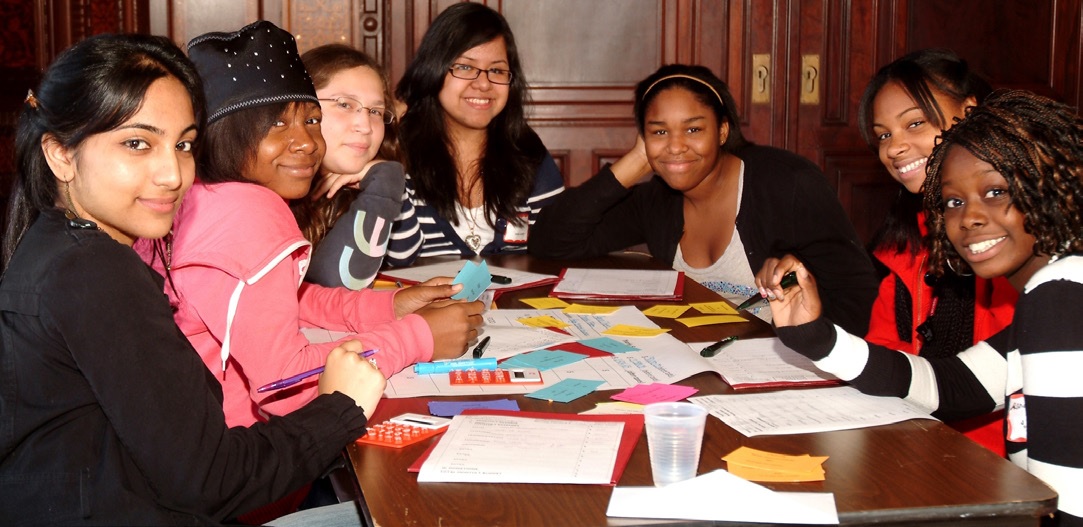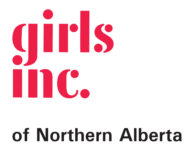In 2014, about 15% of women correctly answered five key financial literacy questions related to interest, inflation and risk diversification.
Girls Inc. Economic Literacy goes beyond financial literacy by positioning girls as global citizens and addressing economic injustice. Through this program, girls will be able to better understand and assert their rights relevant not only to their own economic well-being, but also the economic wellbeing of all girls and women, their families, their communities, their country, and their world.
Why is an economic literacy program for girls important?
Economic literacy—the ability to use basic economic concepts to make decisions about earning, saving, spending, and sharing money—is a skill. As with reading and writing, a working knowledge of basic economic concepts is essential for future success.
Findings suggest that women's greater vulnerability to financial insecurity, may be exacerbated by their lower levels of financial literacy and confidence. source
Women who face multiple barriers are at higher risk of poverty, such as Indigenous women, racialized women, those who are 2SLGBTQQIA+, newcomer women, and women living with disabilities to name a few. source
The COVID-19 pandemic has also revealed the depth of the gender gap when it comes to navigating through economic insecurity. A United Nations policy brief states that "compounded economic impacts are felt especially by women and girls who are generally earning less, saving less, and holding insecure jobs or living close to poverty."
Teaching girls at a young age about money (including saving, budgeting, investing, risk management and gendered constraints) is a step toward financial independence, economic empowerment and economic recovery and resilience in Northern Alberta.

About the Program
Girls Inc. Economic Literacy Through Girls Inc. Economic Literacy, girls learn about money and the economy, including how to manage, invest, and save money and how to help others through philanthropy. As girls explore how the economy affects everyone locally and globally, they develop skills critical to being financially savvy and to becoming economically independent adults. The following core components give girls a foundation for an economically independent adulthood and an understanding of key economic concepts at the individual, family, community, national, and global levels and of the impact that girls can have.
- She’s on the Money! (for girls ages 6 to 8) uses games, role playing, art projects, and field trips to build girls’ skills for identifying and counting money and to increase their understanding of basic concepts and topics such as using banks, saving for the future, planning for a career, differentiating between wants and needs, donating and volunteering, comparison shopping, taxes and government services, and global economics.
- Dollars, Sense, and Me (for girls ages 9 to 11) further enhances girls’ understanding of economic and financial concepts and introduces additional topics and skills, including exchanging goods and services, investing in the stock market, entrepreneurship, budgeting, writing checks, and labor and management.
- Equal Earners, Savvy Spenders (for girls ages 12 to 14) deepens girls’ knowledge about and appreciation for economic and financial topics covered by previous components. Additional skills and topics include loan options, risk versus return on investments, consumer tips, credit card use, labor laws, economic equity for women and girls, work-life balance, and global economics.
- Futures and Options (for girls ages 15 to 18) prepares girls for entering the world of work by helping them examine topics such as attitudes and values about money, career strategies, economic justice and workers’ rights, paycheck deductions, responsible use of credit and avoiding predatory lenders, renting versus buying, and investing.
For more information contact Girls Inc of Northern Alberta call: 780-790-9236 or email: PD@girlsincofnorthernalberta.org
